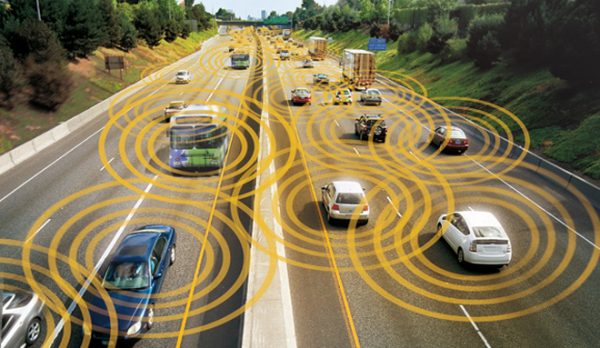4 Driving Forces Behind Connected Car Innovations
Gartner, Inc.—an information technology research and advisory firm—has recently predicted that by the year 2020, a quarter of a billion cars will be “connected.” This means that cars are ever increasingly offering automated driving capabilities and in-vehicle services. Many of these cars are already downloading as much as 200 kilobytes of data during the vehicle’s annual service checkup. As Dr. Wolfgang—Director Group Engineering, Jaguar Land Rober—said recently at the Bosch Connected World 2015 Event, the car has truly become a “huge sensor“. The information gathered by these cars are then used to develop safety innovation, security features, a variety of design features, and quality insurance.
As these cars become increasingly more innovative and connected, companies and organization should keep a number of things in mind. Such items would include privacy, customer considerations, value versus mass, and innovative customer experiences. These four driving forces are truly integral to product development and company innovation.
Privacy
In the age of the FBI and Apple engaging in all out privacy brawls, it behooves companies to really respect the privacy rights of individuals—as it is undeniable that customer confidence in security is of the utmost importance. Customers can be respected in this way by providing rigorous opt-in features and really taking the time to inform customers about them.
Otherwise, our computers, phones, and cars are increasingly gathering more and more data about us, and businesses really ought to make all of this data collection serve the needs of the customer—by using it to lower overall cost, increase reliability, and optimize navigation directions. Also, as cars continue to develop in transmitting customer locations as well as client behavior and conditions, customers will increasingly need to be comforted in the fact that their identity is secure.
Unique Experiences
Connected car data helps manufacturers assist wireless, technology and suppliers better understand the new and exciting world of innovation that we find ourself in, by teaching them how to inspire new and exciting services. The world, and it’s inventors, are moving faster than ever before—and product innovation has reached unprecedented heights. Car data collection will be an invaluable means to achieving more and more well-developed innovation in these areas.
Value Vs. Mass
In the 21st century, the real challenge for connected car manufacturers will be determining and understanding the various data sets. Manufacturers will need to make decisions as to what sorts of data sets are worth saving and what should be thrown aside—and replaced with more lightweight data features. This is especially true considering the cost of mobile internet bandwidth. Customers generally prefer speediness in connectivity in order to really get at information, as opposed to highly intrusive and bandwidth intensive data sets and collection services.
Customer Considerations
As Don Butler (Ford), explained in his presentation at the 2015 Web Summit, software really is the driving force in car connectivity product development. Such software has made it such that customer will increasingly need to visit direct dealerships less and less. With this in mind, it should also be kept in mind that, like in all other industries, the customer is king. That must not be forgotten as our cars become increasingly connected. In fact, connectivity should serve that very purpose. Data collection software ought to provide manufacturers with more information about their clients than ever before—meaning that more than ever, the customer’s needs and wants can be more easily determined. In other words, consumers ought to be served by software development as opposed to hindered by it.
As Doug Simpson, Co-founder and CEO of Navdy, said at the 2015 Web Summit, “eventually all cars will be connected.” With that said, car connectivity should provide customers some of the most imaginative and ingenious innovation that the industry has seen in a long time. With ever developing data collection techniques and better car internet accessibility, the industry should be able to provide customers with many better services, experiences, and better products, covering drivers for years to come.









